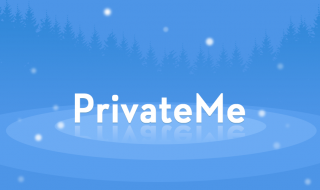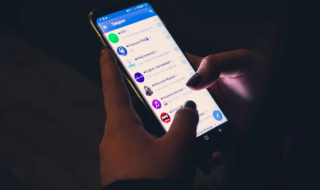There is no secret that every move made online is watched and tracked in some way or form. While this can be helpful in some ways, like showing you relevant ads and recommendations and keeping the internet free, it can be used in malicious ways also, from viruses to scams and data breaches.
More than 20 years ago, when the first modern social media platform reached the masses, everybody thought it was a huge step into the future. People from all parts of the world were being brought closer together than ever. When social media platforms such as Facebook, Twitter and Instagram started to emerge, it seemed like a natural step in the evolution of online communication. But when the number of users started to increase, so did the amount of personal information that became available online. This led to privacy issues and increased the need for regulations.
Fortunately, over the years, people started to understand how much personal data they were actually willingly sharing and the need to protect one’s privacy started to increase. Along with that came a multitude of possibilities and tactics that individuals use to keep their personal life as private as possible.
Contents
Use More Than One Email Address
It may be easier to keep all your email in the same place, but it may not be as safe as you think. To make it look more professional, people tend to create an email address that is composed of the first and last name, thus giving more information than needed. Multiple social media accounts are linked to an email address and people can use it to track you down. The best practice is to keep three email addresses. One for private interactions, such as work or keeping up with relatives, the other for social media accounts and the last one for customer service, subscriptions and newsletters. This way, you can keep certain aspects of your life separate from one another and it makes everything much easier to manage. Never keep your emails liked together, because if one gets hacked, so will the others. Keep the three email addresses as different as possible and never use the same password for all of them. This way, if somehow one of your passwords is revealed, not all your personal information will be compromised.
Check Your Privacy Settings
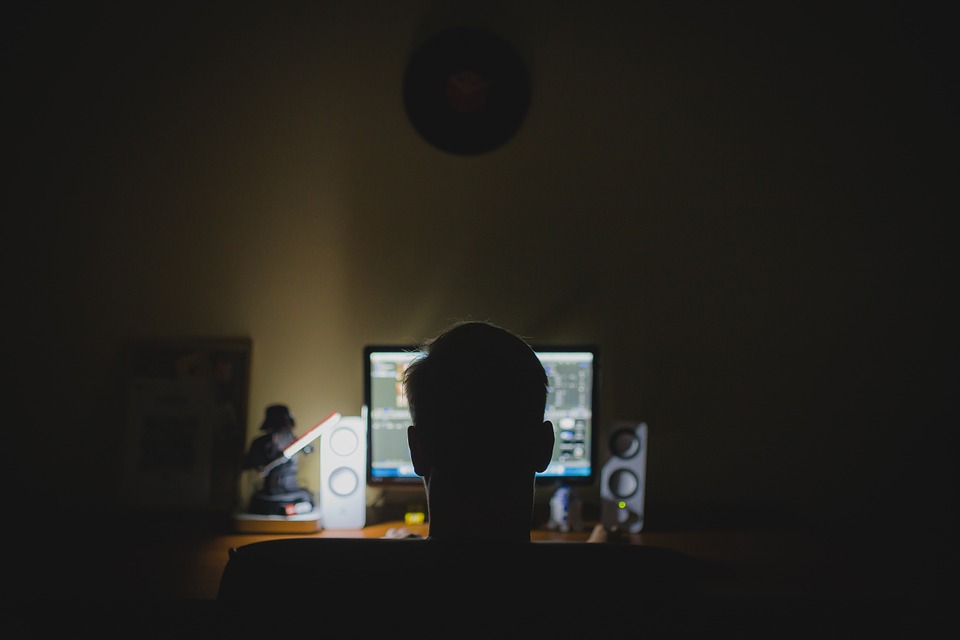
If you like to spend time on social media, keep in mind that those websites store a lot of personal information. While the reasons they store such information are usually harmless, like showing you relevant content or advertisements, sharing too much private information can work against you, as people can be able to track you down and see your whereabouts.
The first step is keeping your social media accounts on private and only connect with people you know. All social media platforms have some sort of privacy settings that you can use to your advantage. This way, you will only be sharing content with individuals you know and trust, such as friends and family. If you don’t want to keep your profile private, pay attention to what you share. Don’t disclose personal information, such as address, full name or workplace. This will keep people you don’t want from finding out where you live or where you like to spend time.
Be Careful Who You Talk To
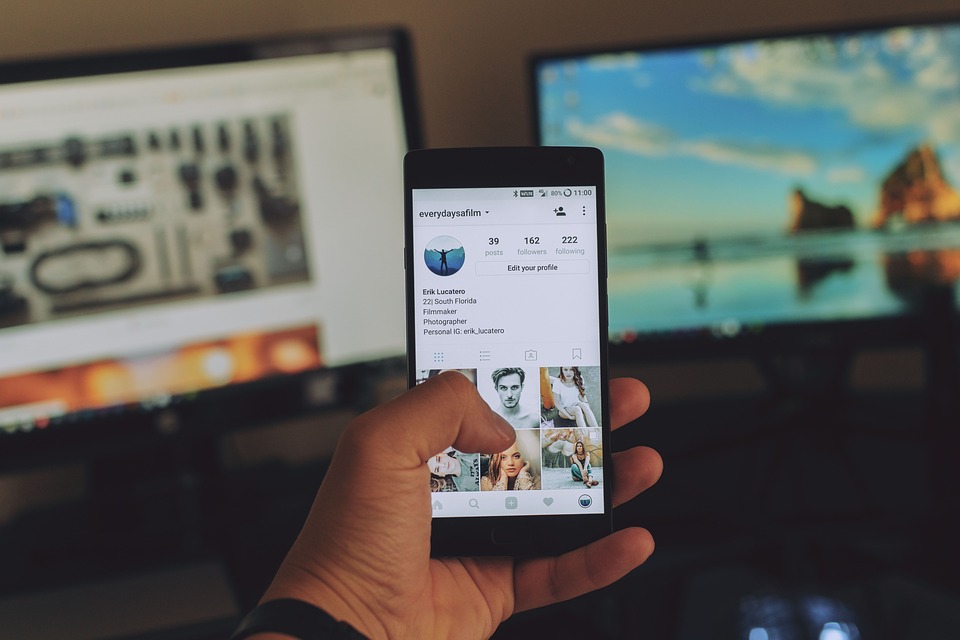
Humans are social creatures, so connecting with others and making friends is in the human nature. Social media allows people from all over the world to meet and keep in touch, which can have incredible benefits, but can also turn into a way for people with bad intentions to gain access to your private life. When receiving friend requests or messages, it is best to only accept them if you know the person at the other end, to avoid sharing information with strangers. Connecting with other individuals is not wrong, but if you don’t know them, be extremely careful with the information you share.
Online dating platforms have become a mainstream way to meet people, especially amongst individuals that have a busy life and lack the time to go out and interact with others. Keeping privacy on dating platforms is even harder, as it is supposed to be a place for people to meet someone that shares the same views as them and could potentially turn into a love interest. As things evolve, people who meet on dating platforms choose to take it to the real world and meet. Before taking this step, make sure they are who they say they are. Try looking up more information about them or ask for ways to prove they are legit before agreeing to meet. If you have exchanged phone numbers, doing a reverse phone lookup might be another option to know a bit more about the person you are about to meet and keep yourself safe.
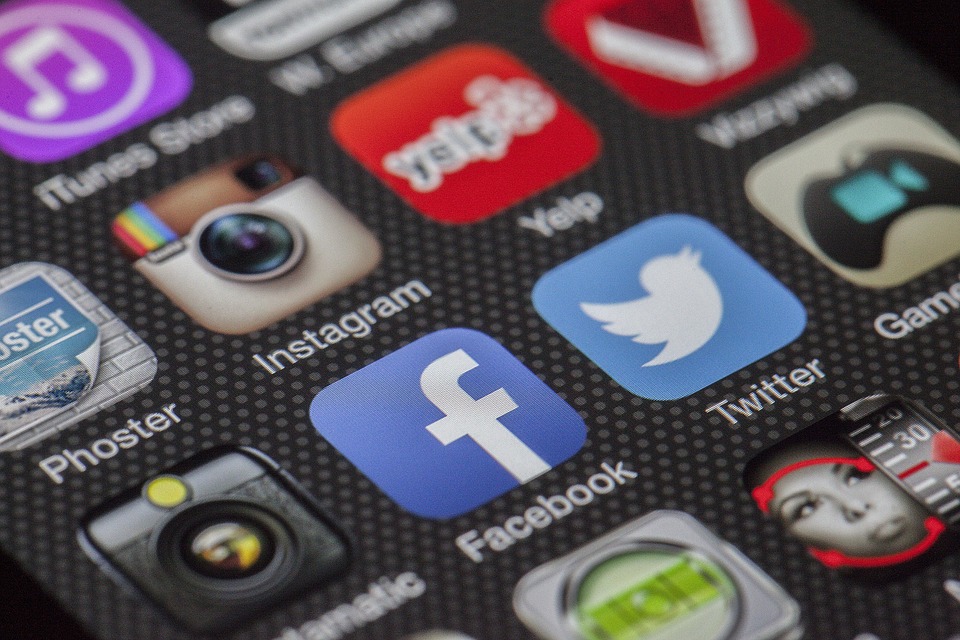
While keeping your friends updated with what you have been up to in that last vacation is tempting, it can also be a way for intruders to know you are not home and they can come pay a visit to your empty house. Better save them for when you come home and share them afterwards. Letting everyone on the internet know where you like to spend your Friday nights is another way for potential stalkers to know your whereabouts and track you down. Try keeping as much information as you can offline, to avoid such issues. When creating your profile, try to keep personal information to a minimum. Avoid giving away information such as your complete name, workplace, phone number and keep your email address private. If a particular platform asks for personal information, such as home city or phone number, check the privacy settings and keep the information private. Make sure your location is turned off, to prevent apps or websites to automatically show your location when you post something. This can easily be done from your phone or computer settings and keeps strangers from knowing where you live.

